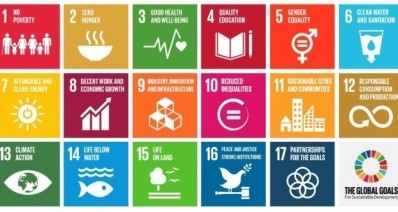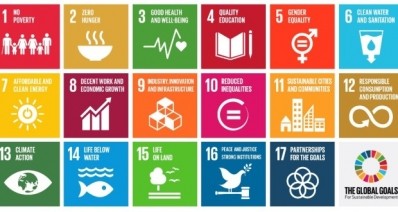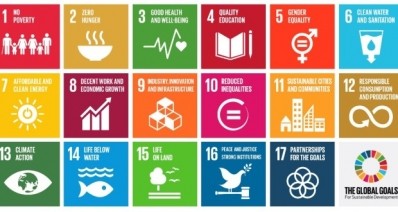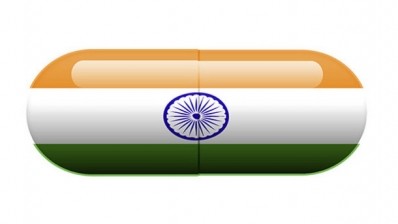Nutrition and food firms urged to step up to the plate over UN’s Sustainable Development Goals
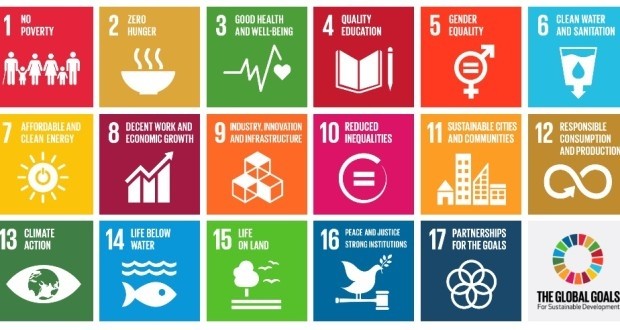
An at opening event for the Responsible Business Forum on Sustainable Development in Singapore, delegates heard from the executive director of Scaling Up Nutrition, the former senior policy advisor on nutrition to the White House and DSM’s director of nutrition that the 17 SGDs would stand or fall depending on the response of the nutrition and food industries.
Agreed in 2015, the SDGs call on countries to adopt a set of goals to end poverty, protect the planet, and ensure prosperity for all as part of a sustainable development agenda. Each goal has specific targets to be achieved over the next 15 years.
Gerda Verburg, executive director of Scaling Up Nutrition – a UN-hosted organisation comprising of 58 member countries - said it was possible to end hunger and malnutrition by 2030 (SDG 2) if businesses, governments and NGOs worked together.
But she warned: “Business may need to do some heavy lifting to make this happen…we can’t do this without you.”
She cited a recent study which revealed less than half of all MNCs were getting involved with achieving the SDGs, with goal number two, achieving zero hunger, getting the least traction.
“This is worrisome indeed,” she said. “Why is this the case, when we know from food to fork, the food we produce is provided by private sector?
“We need innovation to address the micronutrient deficiencies experienced by so many people and halt the rise of obesity worldwide. It makes good business sense and not getting involved may be a missed opportunity,” she added.
In terms of the numbers, she said achieving the nutritional aspects of the SDGs could yield $2.3trillion for businesses and create 20m jobs, with reformulation alone providing new markets worth $200bn.
However, she added in order to achieve the SDGs, business had to look beyond pure profit.
“It’s not just about catering for consumers, but also society and the planet,” she said.
“Bring your competitors, suppliers and consumers to the table for this life-changing agenda, because failing to meet these challenges will come at a far higher place than any investment made.”
According to the Food and Agriculture Organization (FAO), 490m people suffers chronic hunger in Asia, and the region is home to almost 62% of the world’s undernourished.
Sam Cass, former senior policy advisor on nutrition to the White House and executive director of Michelle Obama’s Let’s Move initiative, said businesses now had an opportunity to lead the agenda and help solve the problem, especially in light of recent political events.
“We need to reshape and rethink where the business community will lead,” he said.
“There is instability all over the world, and leadership vacuums all over the world, not least in my country right now. In fact, we are leading the way in that right now."
He said the Let’s Move campaign had a zero-dollar budget, but the best outcomes came from partnering with the private sector.
Inefficient system
Cass added the global nutrition and food system had come a long way and was providing many benefits, but “it is still the most inefficient of all the human systems.”
“We are still wasting a third of all of what is produced – can you imagine if we did that with natural gas? The outcomes are also unacceptable. We have to shift to solving the problem, and that’s a big shift because it’s the core business interest of everyone in this room.”
The event, an opening reception ahead of the main conference, was hosted by DSM.
The director of its nutrition improvement programme Anthony Hehir said that sustainable development “drives the business.”
“We know beyond any doubt nutrition delivers the most returns on investment when it comes to sustainability,” he said.
As our CEO says, ‘you cannot call yourself success or be success in a society that fails’.
“Nutrition is interwoven into all 17 SDGs and we are determined to help achieve them.”
